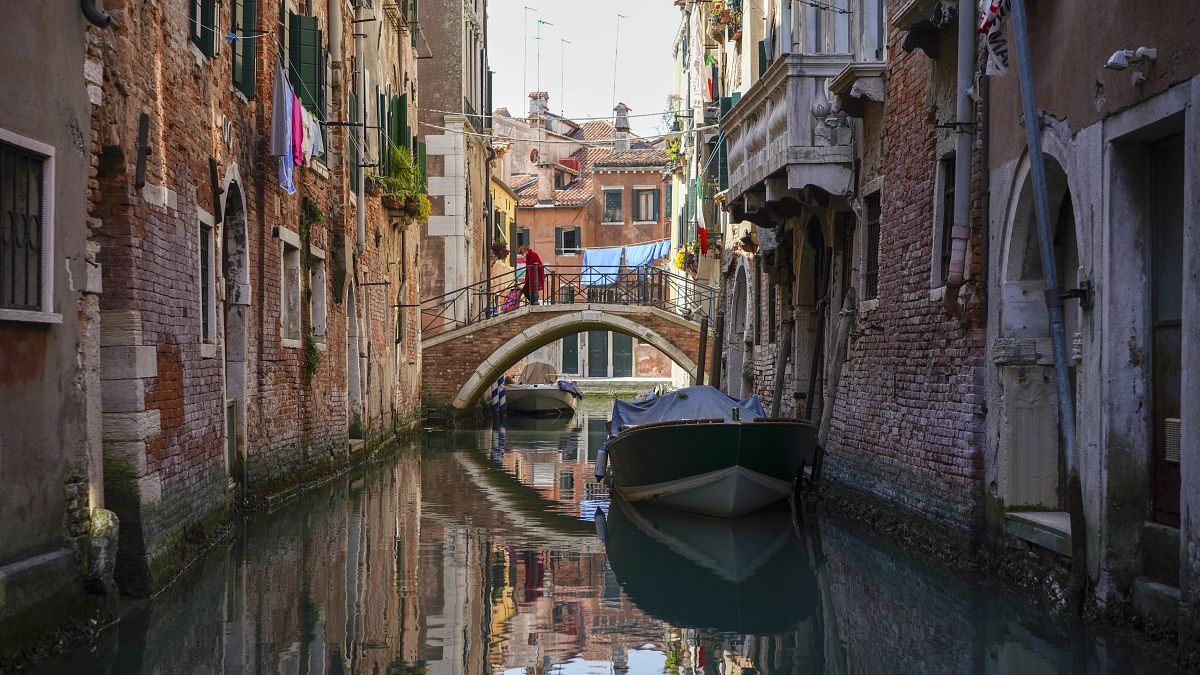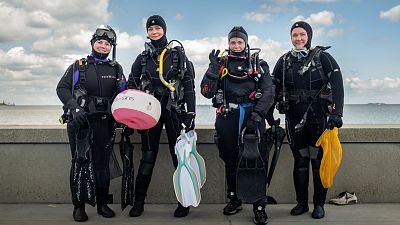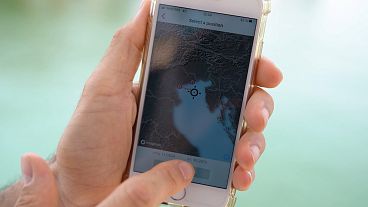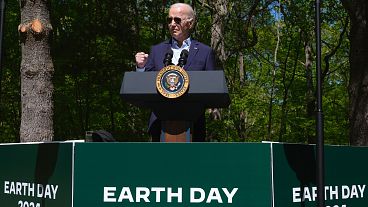As fake photos of dolphins in the lagoon flood social media, we spoke to experts to find out what’s really happened in the city.
Towards the beginning of the lockdown, fake photos claiming dolphins were swimming in the famously-polluted Venetian canals flooded social media. These rumours were eventually dispelled, but what has really happened to Venice’s canals?
Almost two months of the coronavirus lockdown have left the waters in Venice looking clearer. Marine life which hasn't been seen in the city for many years, is now visible. Some critics have said the waters are not cleaner, but the sediment usually stirred up by boats has simply settled at the bottom.
The ecological benefits of the lockdown are there, even if they are not easy to spot. While there are no dolphins appearing in the canals (and the swans reported to have “returned” to the city have actually lived there for many years), other organisms could profit from the lack of turbidity in the water and lower levels of overall pollution in the lagoon.
The lockdown-related improvements may be a catalyst for change
A report from the European Parliament in February 2019 described the levels of both air and water pollution in Venice as "worrying". The environmental impact of the lockdown certainly did not provide an immediate remedy for that, however, it may be a good start for the Venetian ecosystem, according to the founder of The Venice Resilience Lab, Giovanni Cecconi.
With more light now reaching the bottom of the canals, the vegetation there is gaining long-term benefits, according to Cecconi, a socio-ecological engineer. And the lockdown may also prove to be a catalyst for change, triggering further initiatives to protect the lagoon. "Now we have the benchmark of a pristine lagoon environment (...) and this is positive because we can realise the impact of our style of living," explains Mr Cecconi to Euronews Living.
One of the projects he is working on aims to clear some of the siltation and to reduce turbidity in the lagoon. These issues are among the most important drivers of the decline in water quality, he says. Eventually, he hopes to turn the revitalisation of the lagoon into a socio-economic success with the ecological improvements leading to more job opportunities, providing increased work for fishermen and others at risk of losing their livelihoods.
"These small enterprises that are very important, that are the connective tissue of the economical system in Venice related to tourism, fishing, and port activities can disappear forever" adds Mr Cecconi.



